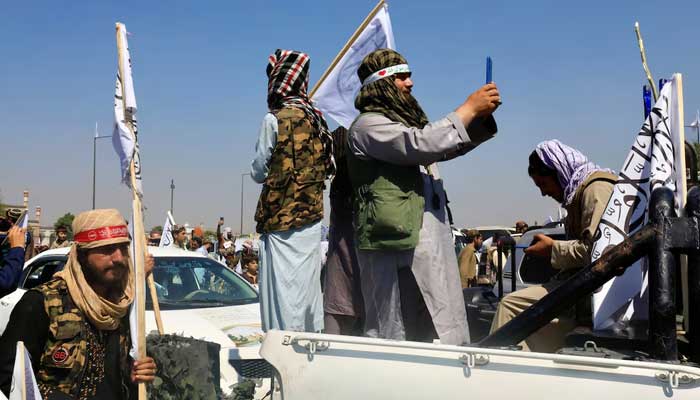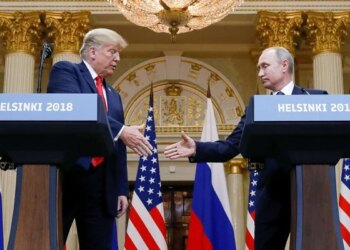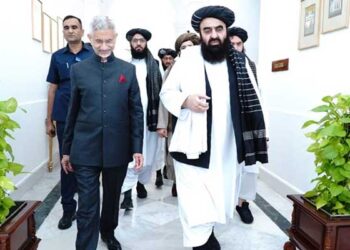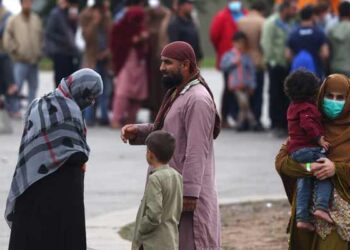Select Language:
Russia Lifts Terrorist Designation for the Taliban
Taliban members attend a rally in Kabul, Afghanistan, celebrating the third anniversary of the fall of Kabul on August 14, 2024. — Reuters
- Move aims to strengthen ties with Afghanistan’s leaders.
- Moscow views the Taliban as a potential economic ally.
- Legal changes take immediate effect.
In a significant development, Russia’s Supreme Court has officially lifted the Taliban’s classification as a "terrorist organization." This action symbolizes Russia’s intention to foster a more amicable relationship with Afghanistan’s ruling powers.
The Taliban seized control of Afghanistan in August 2021 following the withdrawal of U.S. forces, which had previously supported the internationally acknowledged government. Critics of the U.S. exit, which Moscow labeled a “failure,” have seen the Taliban as a potential partner in various sectors, particularly in combatting terrorism.
According to the ruling reported by the TASS state news agency, Supreme Court Judge Oleg Nefedov stated, "The previously established ban on the Taliban’s activities—listed as a terrorist organization—has been suspended." He further remarked, "The decision takes effect immediately."
The motion to rescind the terrorist designation was initiated by Russia’s Prosecutor General last month, coinciding with visits from high-ranking Taliban officials to Russia. Notably, Taliban representatives attended key economic forums in Saint Petersburg in both 2022 and 2024, and Afghanistan’s foreign minister met with Russian Foreign Minister Sergei Lavrov last October.
While this change does not equate to formal recognition of the Taliban government, it reduces potential awkwardness for Russian officials when interacting with their representatives at important public gatherings.
Evolving Perspectives
Russia’s stance on the Taliban has undergone a profound transformation over the last two decades. Founded in 1994 amid the Afghan Civil War, the Taliban emerged from a faction of former Mujahideen fighters who resisted Soviet forces in the 1980s. The conflict severely weakened the Soviet Union, leading to significant losses for Moscow.
Following the resumption of Taliban control in 2021, Russia and neighboring nations have adjusted their strategies, seeking to assert their influence in a rapidly changing political climate. Russia was notably the first country to establish a business office in Kabul post-Taliban takeover and has indicated plans to utilize Afghanistan as a transit point for gas shipments to Southeast Asia.
In July 2024, Russian President Vladimir Putin referred to the Taliban as “allies in the fight against terrorism.” Both Moscow and the Taliban have focused their efforts on eliminating the Daesh group, also known as Islamic State-Khorasan (IS-K), which has perpetrated deadly attacks within both Russia and Afghanistan, including a tragic incident at a Moscow concert hall in March 2024 that claimed 145 lives.
Other nations, while fostering relations with the Taliban, have yet to formally recognize their government. Kazakhstan recently removed the Taliban from its terrorist list, and in 2023, China became the first nation to appoint a new ambassador to Kabul, further developing economic ties with the Taliban’s new leadership.







